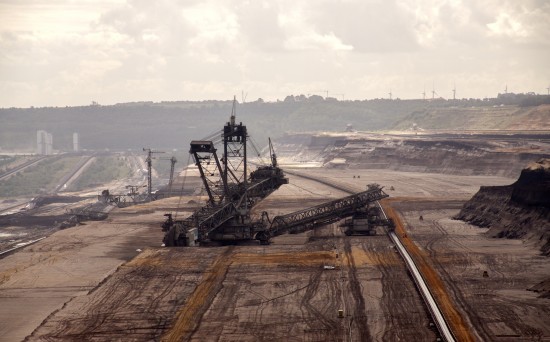Problems related to the Germany's coal phase-out

Pieter Cleppe, the Head of Open Europe, an eurosceptic think tank points out several issues related with the implementation of the Germany's plan to abandon the power technologies reliant on coal. As the specially set up Coal Commission recommended, the coal phase-out will take place in Germany not later than in 2038. This topic raises many questions about the possibility of making such radical turn in so short time in the country stronlgly dependent on coal industry. First, Germany is a country with the highest electricity prices for end-users. Fast transition of the power sector unavoidably entails hogh costs, which, in the end will be suffered by the recipients of energy. Another risk comes from the energy security issues; Germany is an only example of a country, which decided to simultaneously give up both coal and nuclear technology. Without enormous storage capacity, the renewable sources can't constitute a stable and reliable basis for functioning of the power system. Further, the coal phase-out supporters mention the gas power plants as a substitute for coal units - however, the gas-combusting technologies are CO2-emitting as well, and it is expected that just as now the coal is under political pressure, the same future is drawn for gas. What is also challenged id the environmental neutrality of the renewables. Finally, the author highlights the general underestimation of improvements in coal technologies, mainly in terms of the achievable efficiency and CO2 emission reducing solutions.
